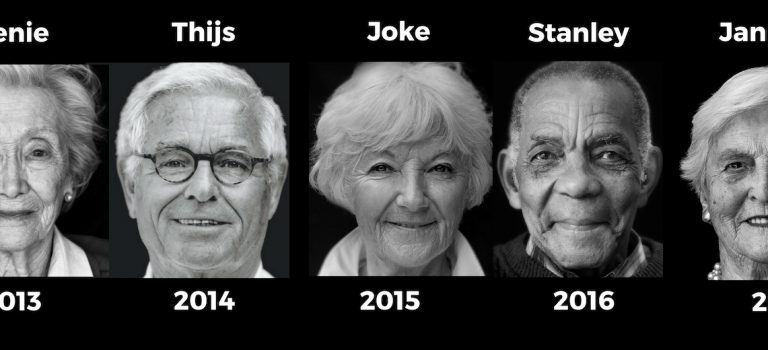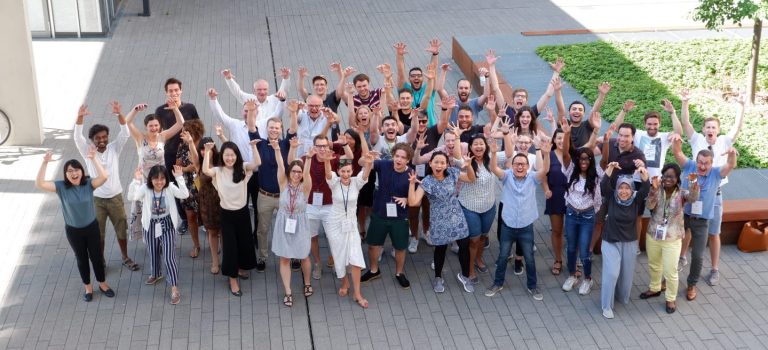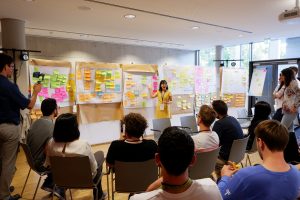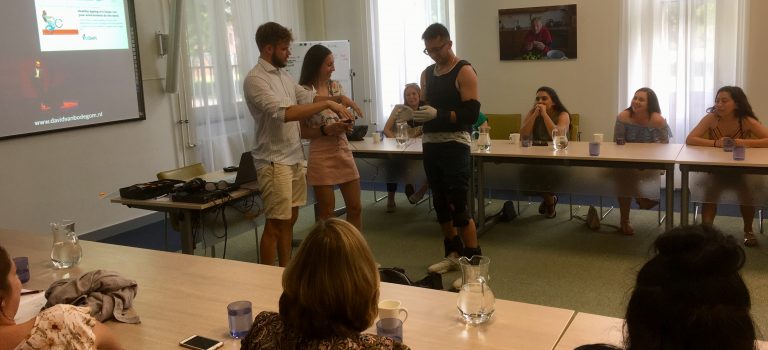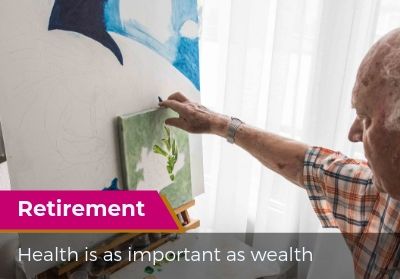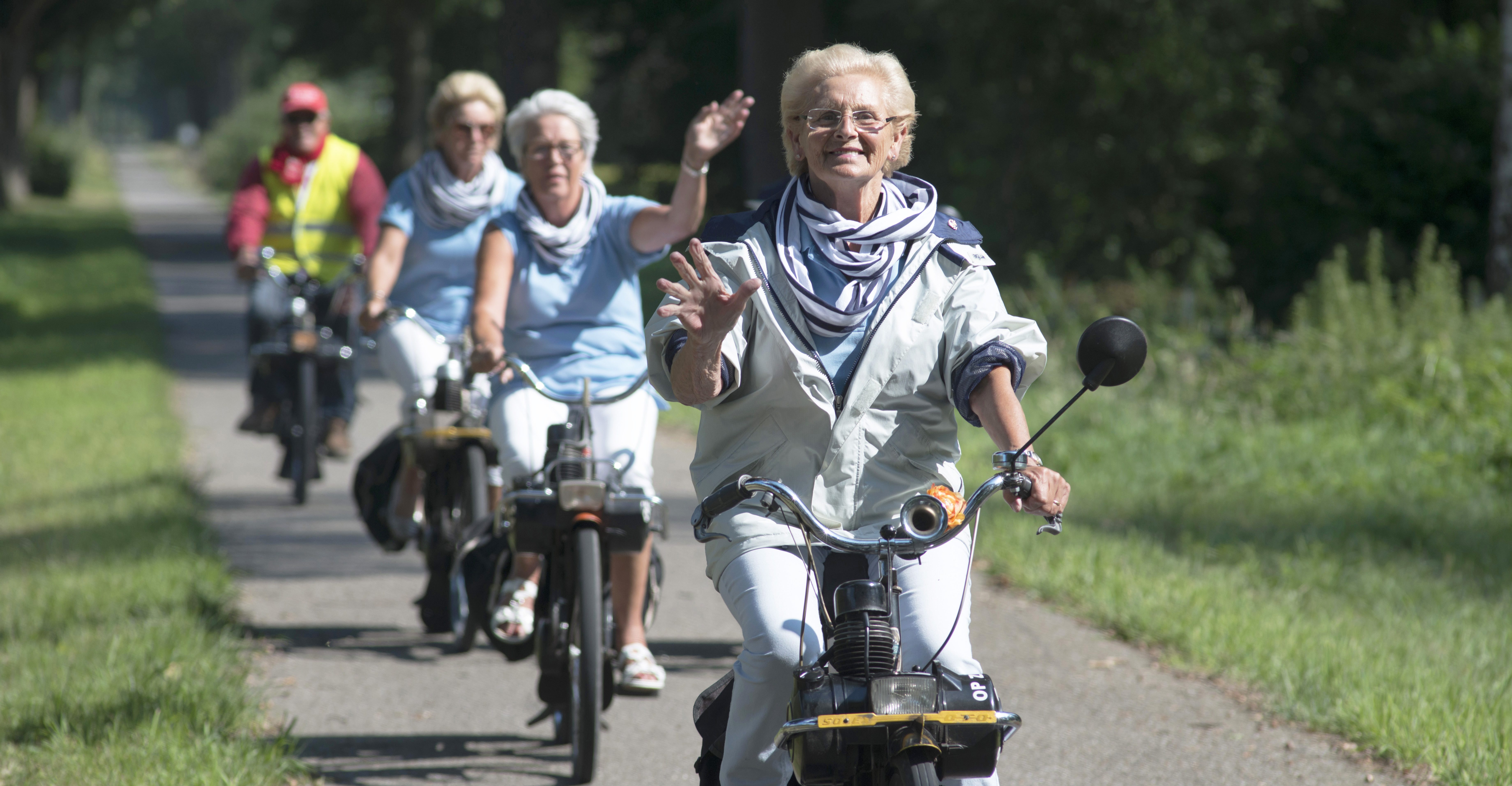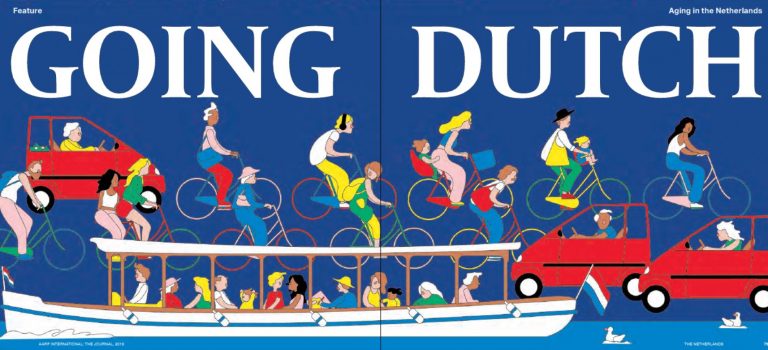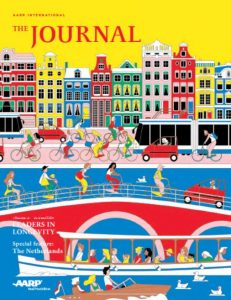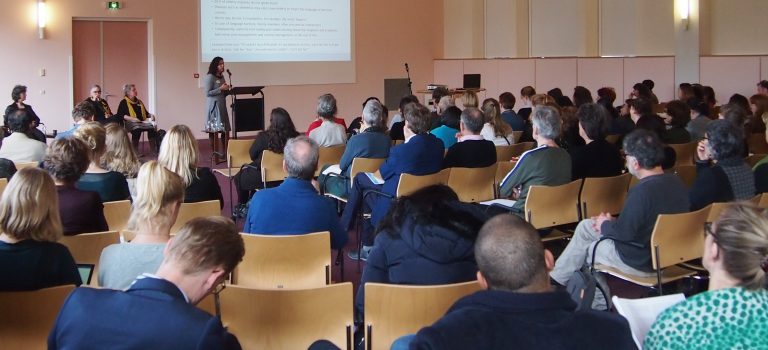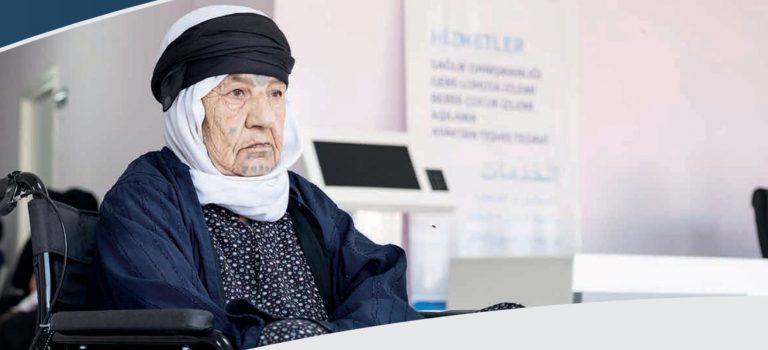Leiden, The Netherlands, 24 April 2019 – A wide-ranging and multi-disciplinary Dutch team of experts of research into ageing has obtained a grant in excess of 8.5 million euros for a comprehensive research programme of both factors and practical solutions which can contribute to ageing healthily as well as improving personal vitality. The ambition of the team is to identify early signs of functional decline in seniors, attenuate decline and restore body functions to allow seniors to increase the number of healthy years. In this research programme, which starts in October 2019, nine institutions and eight private partners participate, including Leyden Academy on Vitality and Ageing.
The Principal Investigator of the programme is Prof. dr. Eline Slagboom, chair of the Dutch Society of Research on Ageing (DuSRA) and researcher at the Leiden University Medical Center (LUMC). “The life expectancy of Dutch citizens is still increasing. However together with greying of the population, the number of seniors with one or more age-related disease conditions is also increasing. Consequently, we want to generate a platform for enduring relationships between researchers and citizens to achieve healthier ageing outcomes. This represents the largest ever public-private collaboration in The Netherlands in the area of ‘healthy ageing’.
Attenuation of the Ageing Process
Under the DuSRA-VOILA umbrella, three joined projects exist: VOILA (Vitality Oriented Innovations for the Life course of the Ageing Society), SMARTage (Senescence Models, Aging Research and Therapeutics, led by Cleara Biotech) and Neuromet (Neuroinflammation and metabolomics). Our unique proposition is that, instead of working on a single disease condition, we want to tackle a number of conditions associated with aging. For instance, one of the teams is discovering new ‘biomarkers’ (diagnostic signal compounds), which allows assessment as to which seniors have the highest risk of accelerated ageing as well as elevated frailty during medical interventions. Another angle of research is how combinations of life style interventions influence the health status of their metabolism, the immune system, the intestinal microbiota and the musculature.
A complementary research theme is ageing at the cellular level. In this case the research teams focus on senescent (‘rusty’) cells, their identification and their specific removal. Applying timely interventions using largely known mechanistic understanding, the researchers anticipate to attenuate disease such as heart failure, dementia and certain types of cancer.
Largest collaboration on Healthy Ageing in The Netherlands
The VOILA consortium is a collaboration of the Medical Centers of Leiden (LUMC), Utrecht (UMC Utrecht), Groningen (notably the ERIBA Institute), Rotterdam (Erasmus MC) and Maastricht. Also Wageningen University, the Dutch Institute of Public Health (RIVM), the Leiden-Amsterdam Centre for Drug Research and the Delft University of Technology are public partners. The private partners are Royal FrieslandCampina, Cleara Biotech, Sciex, Interscience/Sample Q, &niped, Diabetes Fonds, health insurer Zorg & Zekerheid and Leyden Academy. The VOILA programme is co-financed by a grant of 6 million euros from ZonMw and Health~Holland, Topsector Life Sciences & Health. The remainder is contributed by private partners.
Read more about the programme VOILA and the Dutch Society of Research on Ageing DuSRA.
For more information or interview requests, please contact Danique van der Gaauw (ZonMw) via email / phone +31 (0)70 349 5311 or Tessa van Leeuwen (LUMC) via email / phone +31 (0)6 1137 1146.
